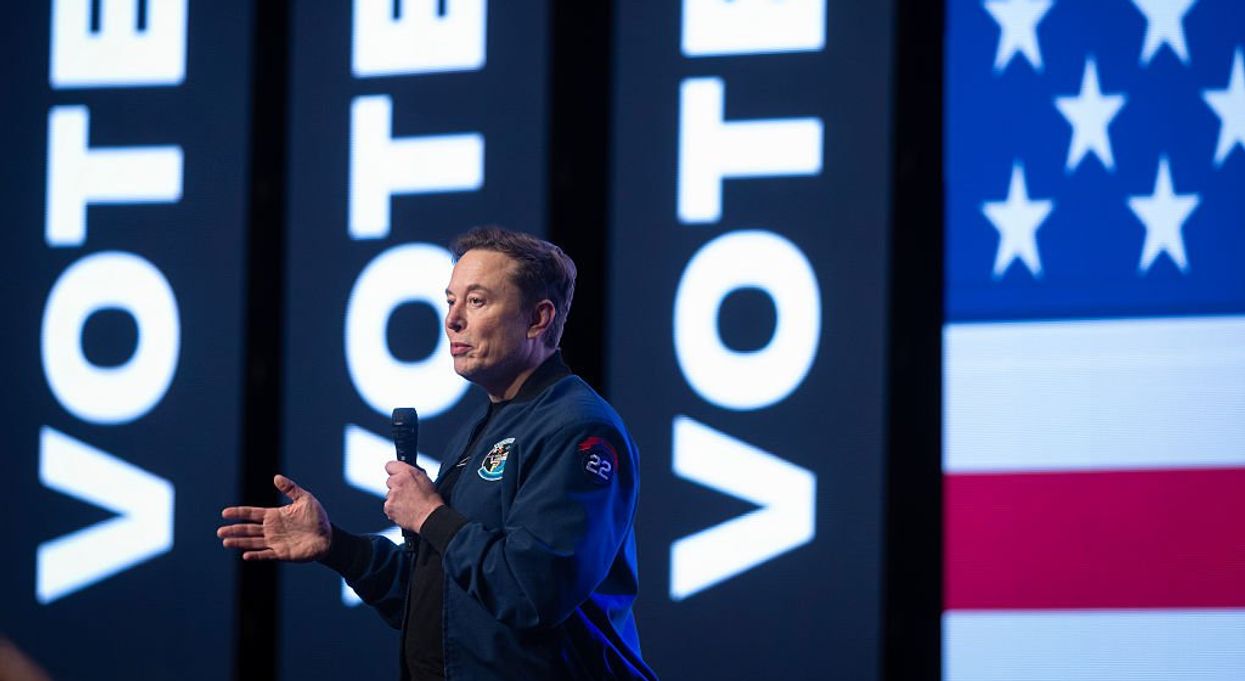Elon Musk has officially launched the America Party, dramatically breaking with Donald Trump and mounting an unconventional challenge to the country’s two-party duopoly. With populist messaging and a growing list of high-profile allies, Musk’s political move is already stirring national debate. But is this a serious attempt at democratic renewal or just another chapter in the era of billionaire-driven politics?
The ideological shape of the America Party is still fuzzy. What we know so far suggests a blend of libertarian anti-spending rhetoric, populist anti-establishment framing, and a self-proclaimed appeal to the “80% in the middle” who feel alienated by both Democrats and Republicans. Yet, as Nate Silver notes, that exhausted majority is not a monolith. Just because many voters dislike polarization doesn’t mean they agree on what should come next.
The party emerged from Musk's fury over Trump's "One Big Beautiful Bill," which he condemned for adding $3.4 trillion to the national debt. This fiscal outrage anchors his anti-spending stance, while Musk claims the U.S. is governed by a corrupt "uniparty" of waste and graft, promising to "give you back your freedom."
Still, contradictions loom large. Musk once supported progressive ideas like a Universal Basic Income and carbon taxes, positions that don’t exactly mesh with a hardline anti-spending platform. Whether these shifts signal genuine political evolution or a lack of ideological clarity is anyone’s guess.
Donald Trump responded swiftly and scornfully. In a July 6 Truth Social post, he wrote: "I am saddened to watch Elon Musk go completely 'off the rails,' essentially becoming a TRAIN WRECK," he posted, adding that third parties create "complete and total disruption and chaos." Trump suggested Musk was retaliating over eliminated EV mandates that would have benefited Tesla.
Musk's trademark response combined sarcasm ("What's Truth Social? Never heard of it.") with literary gravitas, quoting Dune: "Fear is the mind-killer. Fear is the little death that brings total obliteration."
Despite the theatrics, there are signs Musk is serious about laying the groundwork. The presence of Tesla CFO Vaibhav Taneja as the party’s treasurer indicates that this is more than a publicity stunt. Billionaire Mark Cuban has voiced support and offered a connection to the Center for Competitive Democracy, and even former Trump aide Anthony Scaramucci has expressed interest in advising the new effort. The centrist group No Labels and Libertarian Party leaders have indicated openness to collaboration.
Most significantly, Andrew Yang has offered to help guide the America Party effort, drawing on lessons from building his Forward Party. "I'm excited for anyone who wants to move on from the duopoly," Yang said, seeing potential for Musk's resources to catalyze real reform if paired with strategic discipline.
Unlike traditional third-party efforts focused on the presidency, Musk is aiming for legislative leverage. His goal is to win a small but impactful swing bloc—two to three Senate seats and 8 to 10 House seats—that could tip the balance of power. It’s a strategy straight out of Charles Wheelan’s The Centrist Manifesto, which argued that a handful of centrist lawmakers could break the gridlock in a closely divided Congress.
The strategy acknowledges reality: third parties rarely win presidential elections, but they can wield disproportionate influence in closely divided legislatures. With razor-thin majorities becoming the norm, even a handful of America Party legislators could uproot the status quo.
The America Party possesses unprecedented advantages: vast financial resources, unmatched media reach, and a founder whose ventures have repeatedly defied conventional wisdom. These assets could reshape the 2026 political landscape, but only if Musk commits to the unglamorous work of coalition building and developing institutional capacity.
Duke University's Mac McCorkle isn't convinced, calling ballot access "daunting" and questioning whether Musk would "spend the rest of his life trying to create a new party. I think this is all about his feud with Trump and trying to sink the Trump legacy right now.”
Kristin Hansen of the Civic Health Project offered a different path in an open letter, urging Musk to invest in the hundreds of organizations already working across political lines to fix our dysfunctional system. As she put it, America’s democracy doesn’t need another party so much as it needs deeper support for those already doing the work to bridge divides and strengthen civic trust.
Those who have spent years building alternatives grounded in accountability, transparency, and civic trust know that leaving what’s broken behind isn’t enough. The real work lies in building something genuinely better. So the fundamental question isn't what party Musk is building, but what kind of democracy he's building. Can he disrupt an entrenched industry through innovation and relentless execution? Or will the America Party become another cautionary tale about the limits of applying business thinking to democratic governance? American democracy has survived many would-be disruptors, but it has also been transformed by those willing to do the hard work of institutional reform. The difference between renewal and a vanity project will not be determined by Musk's ambitions or his bank account but by his commitment to building institutions that serve something larger than himself.
Kristina Becvar is co-publisher of The Fulcrum and executive director of the Bridge Alliance Education Fund.



















